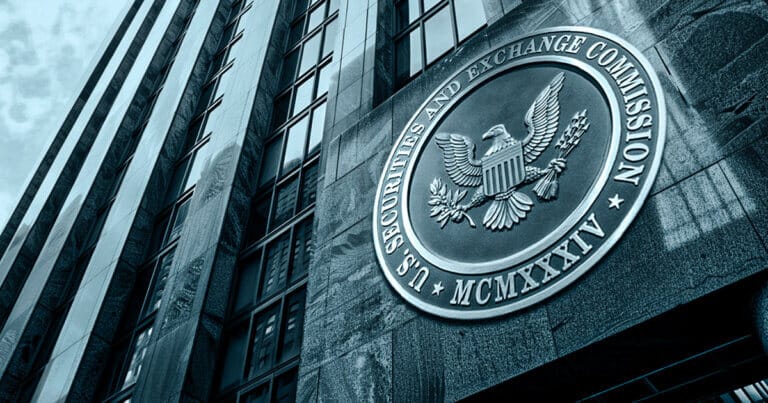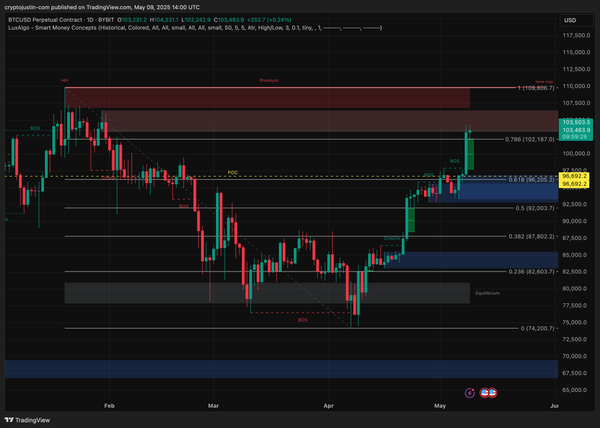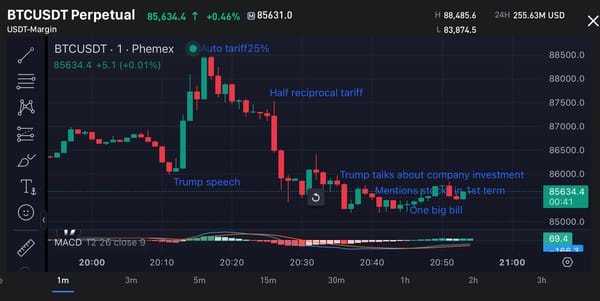Budget Proposal Aims to Block SEC's Controversial Digital Asset Rule
An upcoming budget proposal from the House Appropriations Committee might prevent the US Securities and Exchange Commission (SEC) from implementing its contentious Staff Accounting Bulletin 121 (SAB 121).

FOX Business reporter Eleanor Terrett shared on 4 June that the proposed bill would stop the SEC from using allocated funds to enforce this rule. These appropriations allow agencies to incur obligations and make payments from the US Treasury for specific purposes.
One policy rider in the budget clearly states:
“Prohibits the SEC from implementing or enforcing Staff Accounting Bulletin No. 121, which implements harmful digital asset requirements.”
The fate of the budget in its current form remains uncertain. With the House under Republican control, the appropriation bill is likely to pass during the hearing on 5 June. However, the Senate, dominated by Democrats and Independents, will need to draft its own version and negotiate with the House.
Terrett noted that Democratic backing for an earlier resolution with the same aim — H.J. Res. 109 — might mean the Senate keeps the rider in the budget.
The bill also proposes providing the SEC with $2 billion in total funding for 2025, instead of the $2.59 billion requested by SEC Chair Gary Gensler.
Commissioner Uyeda, as reported by Terrett, supports rescinding SAB 121 and found it "unfortunate" that President Joe Biden vetoed H.J. Res. 109. Uyeda argued that introducing SAB 121 through a regulatory bulletin bypassed the proper rule-making process under the Administrative Procedure Act (APA), undermining the system of checks and balances.
His views are shared by SEC Commissioner Hester Peirce, who in 2022 argued that a bulletin wasn’t the “appropriate vehicle” for such changes. Both Uyeda and Peirce objected to the process rather than the bulletin's content, with Peirce even suggesting the decision itself “may be appropriate.”
SAB 121 requires financial institutions and firms safeguarding customers’ digital assets to record these assets on their balance sheets, a move that imposes significant capital and liquidity costs. Although both the House and Senate passed H.J. Res. 109 to overturn the bulletin, Biden vetoed it on 31 May, citing concerns about consumer and investor protection.
This veto faced opposition from House lawmakers, the American Bankers Association, and other groups urging Biden to sign the resolution into law.




